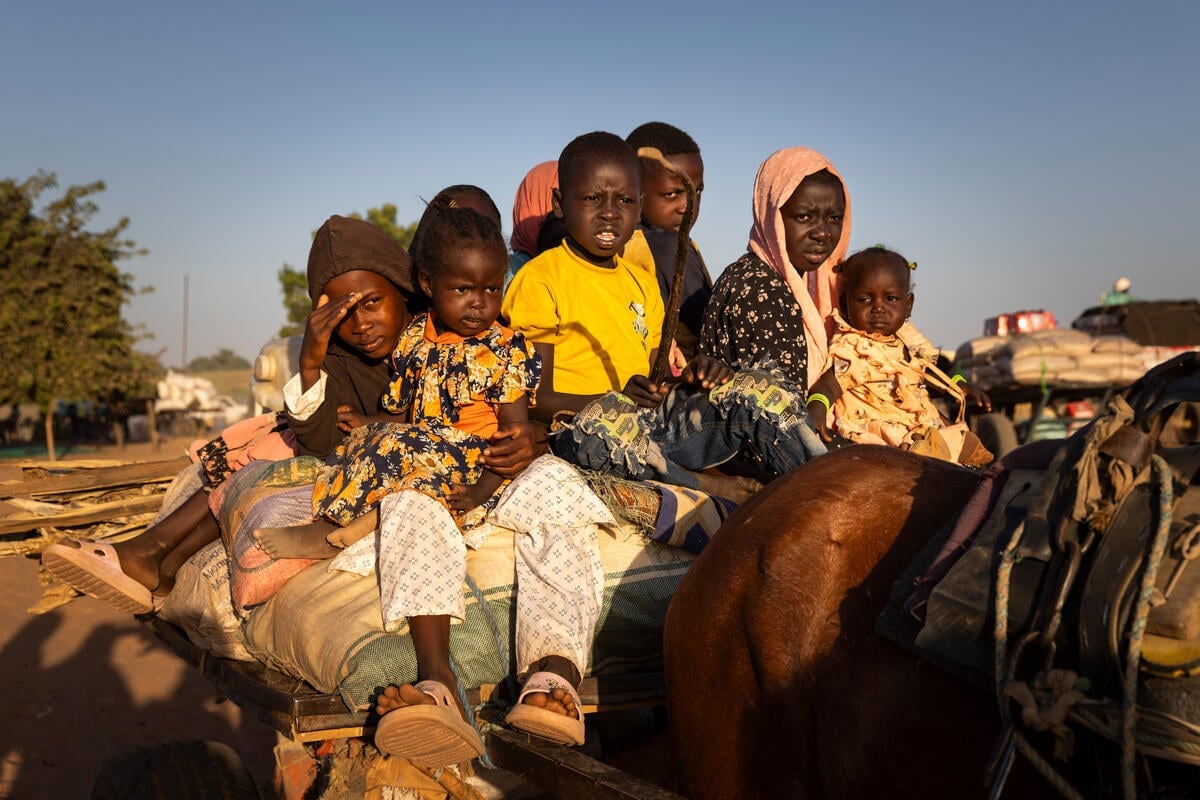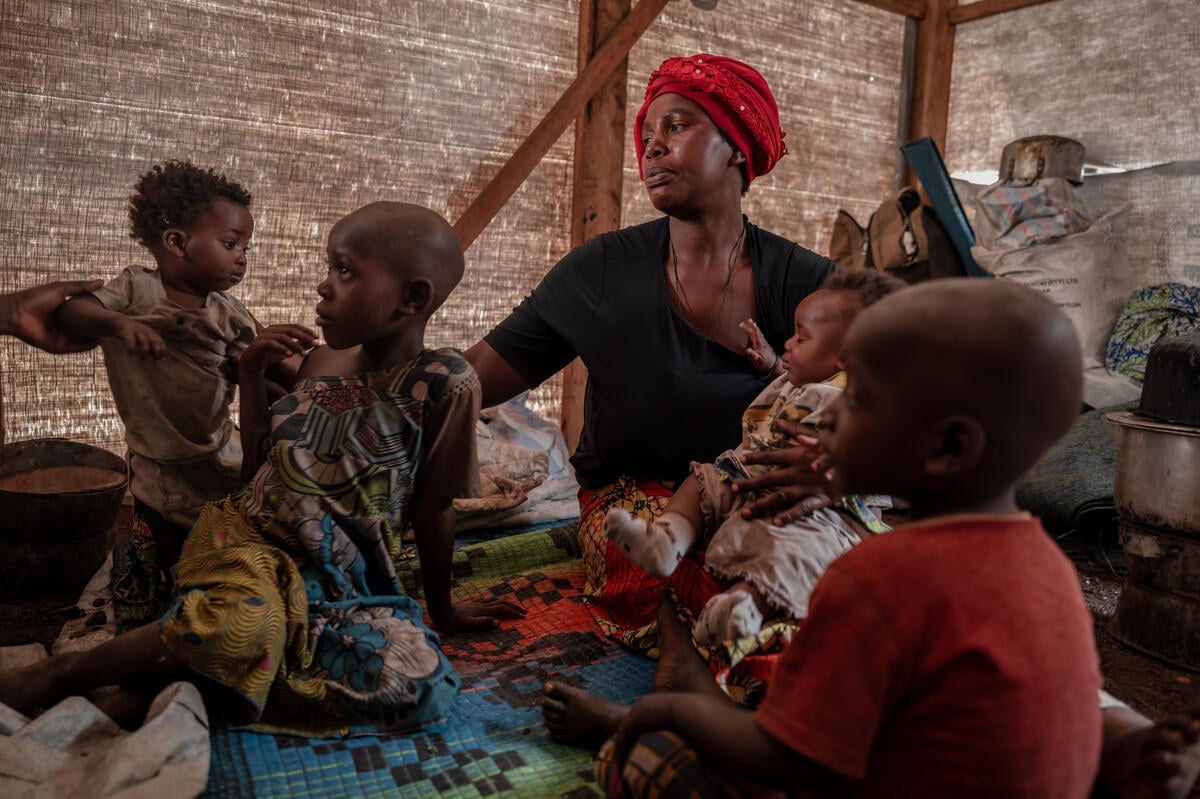Syrians escape bombings in Lebanon to the country they once fled
Syrians escape bombings in Lebanon to the country they once fled

People crossing into Syria carry their belongings down a road strewn with rubble following a recent Israeli airstrike.
Widowed at 28, Fadila fled her hometown of Abu Kamal in eastern Syria’s Deir ez-Zor Governorate when fighting there escalated. Hoping to shield her five sons and one daughter from the chaos of war, she had found refuge in the southern suburbs of Lebanon’s capital, Beirut.
Her refuge became a place of danger two weeks ago when Israeli airstrikes began hitting dozens of towns across the country, including Beirut’s southern suburbs.
“When the bombing happened, I was praying and my children were asleep,” she said. “I sat down, shaking uncontrollably, unable to stand due to fear. I was terrified for my children more than for myself.”
Panicked escape
She hurried her children out of the house, some only half-dressed, just as the building opposite them was hit by an airstrike and collapsed.
After initially heading in panic towards the coast, Fadila changed direction and made her way by road to the Syrian border where she called her cousin Umm Masoud who lives in Damascus, the capital.
“I told her I was at the border without money to get there. She told me she didn’t have much but assured me she’d come.”
True to her word, Umm Masoud borrowed money to rent a car to the border and picked up Fadila and her children as well as two other families that were travelling with them.
“Where else could they go?” she said. “I brought them here; I welcomed them. People need to support each other at this time.”
UN High Commissioner for Refugees Filippo Grandi concluded a visit to Syria on Tuesday by calling for increased international support for all those forced to flee the escalating conflict in Lebanon, including Syrians, Lebanese citizens and other nationalities. An estimated 250,000 people have crossed the border into Syria since 23 September and the majority – around 70 per cent – are Syrians like Fadila who had previously fled to Lebanon.

UNHCR's Filippo Grandi talks to Fadila Jasem Al-Ali at her cousin's rented apartment in Damascus, where her family and others are currently living after fleeing Lebanon.
“They went to Lebanon to escape the war in Syria. They’re now going back to Syria escaping the war in Lebanon. This is a truly extraordinary moment, and one that needs the attention of the international community,” said Grandi from the border crossing at Jdeidet Yabous.
With the main road between the Lebanese and Syrian sides of the border post destroyed by an Israeli airstrike, people, determined to flee the bombings in Lebanon, are crossing on foot with their children and whatever belongings they can carry.
UNHCR, the UN Refugee Agency, together with the Syrian Arab Red Crescent and other UN agencies and NGOs, is providing food, water and blankets to those arriving, as well as advising them on documentation and administrative procedures, but more funding is urgently needed.
“The new influx comes at a time when millions of Syrians are living in hardship and themselves need humanitarian assistance,” said Grandi, who later met with Fadila and Umm Masoud in Damascus. “We must scale up support for the new arrivals and the vulnerable host communities receiving them.”
Umm Massoud – herself an internally displaced person in Syria – is now hosting those fleeing the war in Lebanon. While her small, rented apartment in the Damascus neighbourhood of Tadamun is cramped with three families in addition her own and there is little food to go around, she said: “I helped them because I went through the same situation they are now experiencing.”








